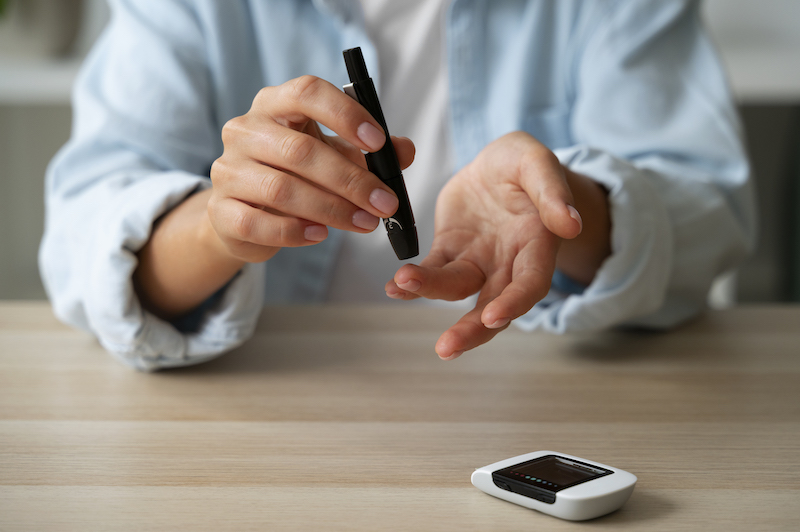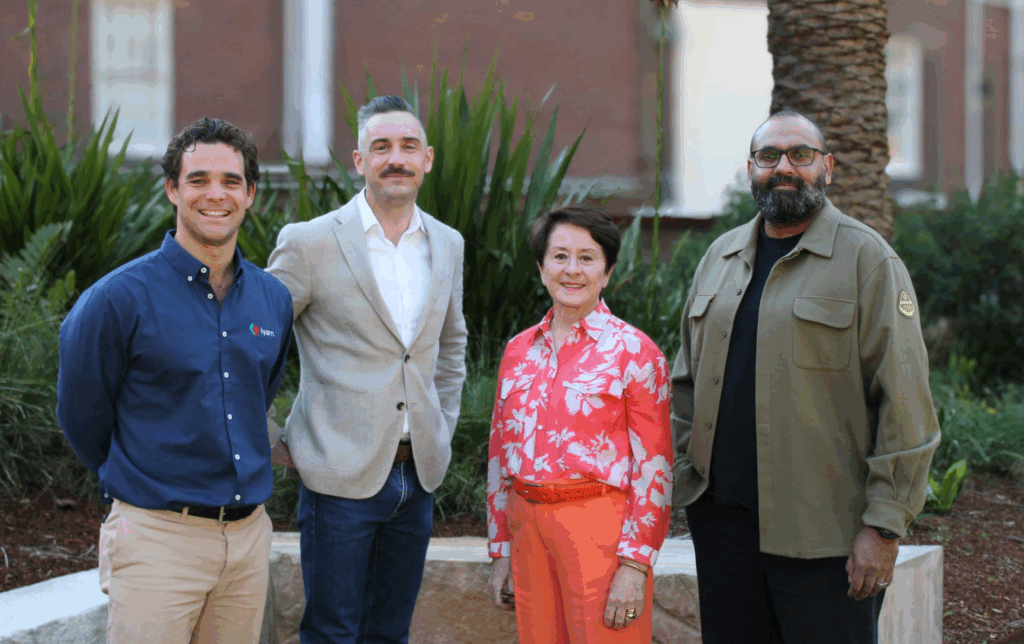Empowering Yourself: Mastering Diabetes Management Through Self-Care
Living a fulfilling life with diabetes is absolutely achievable. As a lifestyle medicine practitioner and credentialed diabetes educator, I’ve witnessed countless patients thrive by taking charge of their condition. The key lies in developing strong self-management skills.
Why Self-Management Matters in Diabetes Care
Diabetes management is a collaborative effort, but you, the patient, are at the centre. Self-management empowers you to make informed decisions about your daily routine, contributing significantly to preventing diabetes-related complications.
Here’s how self-management empowers you:
- Improved Blood Glucose Ranges: By actively monitoring your blood glucose levels and making adjustments to diet, exercise, and medication (if applicable), you can maintain healthy blood glucose ranges.
- Reduced Risk of Complications: Consistent self-management can significantly reduce the risk of diabetes-related complications like heart disease, stroke, nerve damage, and vision problems.
- Enhanced Quality of Life: Managing your diabetes allows you to live a more active and fulfilling life with less worry about potential complications.
Building Your Self-Management Toolkit
The foundation of successful diabetes management lies in four key pillars:
1. Healthy Eating:
- Focus on whole, unprocessed foods: Prioritise fruits, vegetables, whole grains, and lean protein sources..
- Be mindful of portion sizes: Use the plate model, half your plate should contain vegetable/salad, a quarter protein and a quarter carbohydrate.
- Limit added sugars and unhealthy fats: Opt for naturally sweet foods like fruits and reduce saturated and trans fats.
- Carbohydrate Management: Monitor and manage carbohydrate intake this can include counting carbs or following a structured meal plan.This approach helps you understand how different foods affect your blood glucose levels.
2. Regular Physical Activity:
- Aim for at least 150 minutes of moderate-intensity exercise per week: This could include brisk walking, swimming, cycling, or dancing.
- Incorporate strength training at least twice a week: Building muscle mass improves how your body utilises blood glucose.
- Consistency is the key: Find activities you enjoy and find fun or exercise with a friend.
3. Blood Glucose Checking:
- Identify food impact: you can learn how different foods and portion sizes impact your blood glucose level .
- Medication Effectiveness: Regular glucose checks can indicate whether your current medication needs adjustment, either in dose or type.
- Informed Decision-Making: By keeping a log of your blood glucose readings and sharing them with your diabetes educator or endocrinologist during consultations.
4. Medication:
- If medication is part of your treatment plan, taking as prescribed, assists your overall diabetes management.
- Don’t hesitate to ask questions about your medications and their role in your overall treatment plan.
- Talk to your diabetes educator about any side effects you experience. They may be able to adjust your medication or offer solutions to manage side effects.
Lifestyle Tweaks to Optimise Your Health and Diabetes Management
- Prioritise Sleep: Aim for 7-8 hours of quality sleep each night. Adequate sleep helps regulate hormones that impact blood glucose levels.
- Manage Stress: Chronic stress can raise blood glucose levels. Practice relaxation techniques like deep breathing, meditation, or yoga.
- Stay Hydrated: Drinking plenty of water throughout the day is crucial for overall health and helps regulate blood glucose levels.
- Don’t Smoke: Smoking significantly increases the risk of diabetes complications. Seek support to quit smoking if you’re a smoker.
- Schedule Regular Checkups: Maintain regular appointments with your doctor and diabetes educator for ongoing monitoring and adjustments to your treatment plan as needed.
Remember: Self-management is a journey, not a destination. There will be setbacks, but don’t get discouraged. Celebrate your successes, learn from challenges, and keep moving forward. Here are some additional tips:
- Connect with a Support Group: Talking to others who understand the challenges of diabetes can be a source of motivation and encouragement.
- Educate Yourself: Stay up-to-date on the latest diabetes research and resources. Ask your diabetes educator or endocrinologist for reliable sources of information.
- Reward Yourself: Celebrate your achievements, big or small, to stay motivated on your self-management journey.
- Diabetes Australia:
Diabetes Australia | Support for people living with diabetes
Taking charge of your journey
Taking charge of your diabetes management through self-care empowers you to live a healthier and more fulfilling life. By incorporating these strategies into your daily routine, you can decrease your risk of developing complications and optimise your well-being. Remember, you’re not alone in this journey. Let your doctor, diabetes educator, and support network be your guides as you navigate successful diabetes management.

Content has been created by Health Hunter. To view more information about Health Hunter click here.




